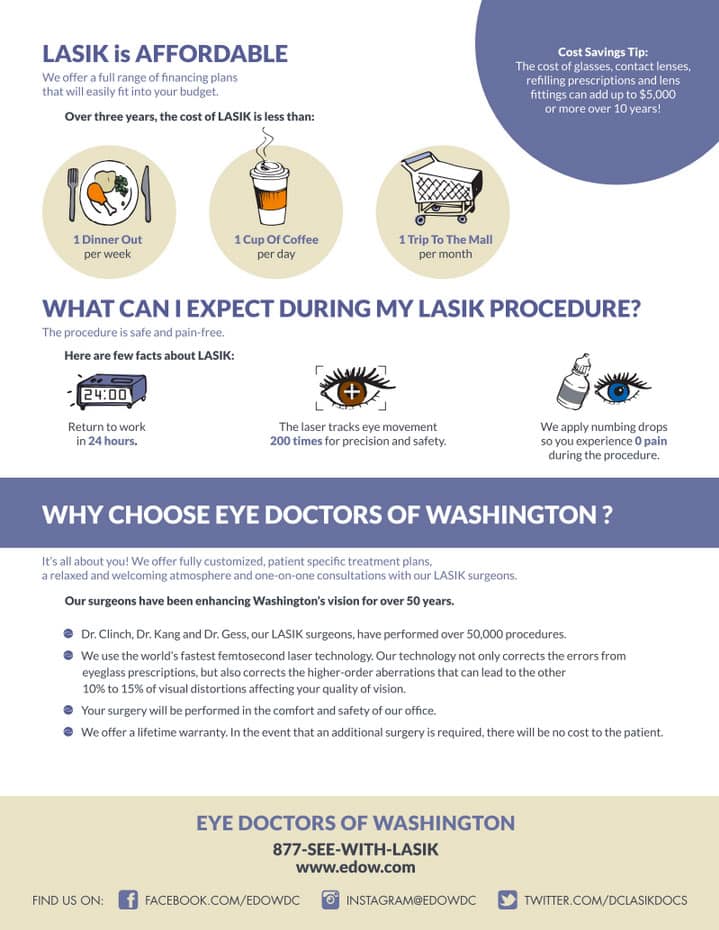Aiding A Loved One Undergoing Cataract Surgical Treatment: Insights From A Caregiver'S Perspective
Aiding A Loved One Undergoing Cataract Surgical Treatment: Insights From A Caregiver'S Perspective
Blog Article
Author-Sweet Jonassen
As a caretaker sustaining a liked one encountering cataract surgical treatment, your role is critical in guaranteeing their comfort and recuperation. From pre-surgery prep work to post-operative treatment, your visibility and aid can make a significant distinction in their journey. Comprehending the psychological and physical challenges they may run into, supplying useful help, and being their column of support are crucial elements in this process. Remember, your role goes beyond just offering assistance; it's about being a source of strength and convenience during a substantial stage in their life.
Understanding Cataract Surgical Treatment Process
Checking out the steps involved in cataract surgical procedure can aid relieve any kind of stress and anxiety or unpredictability you may have about the treatment. Cataract surgical treatment is a common and highly effective treatment that involves getting rid of the cloudy lens in your eye and replacing it with a clear man-made lens.
Before the surgical procedure, your eye will be numbed with eye drops or a shot to guarantee you don't feel any pain during the procedure. The surgeon will make a tiny cut in your eye to access the cataract and break it up using ultrasound waves before meticulously removing it.
When the cataract is gotten rid of, the synthetic lens will be put in its location. The entire surgical procedure normally takes about 15-30 minutes per eye and is normally done one eye each time.
After the surgery, you might experience some light pain or blurred vision, however this is typical and need to improve as your eye heals.
Readying for Surgical Procedure Together
To make sure a smooth and hassle-free experience, preparing for cataract surgical treatment with each other can make a significant difference in your enjoyed one's trip. Start by attending pre-surgery assessments with them. In this manner, you can ask inquiries, comprehend the procedure, and give emotional support.
Help them arrange their pre-operative instructions, drugs, and transportation to and from the surgical facility. Ensure their home is ready for their recovery by setting up a comfortable room with easy accessibility to necessary items.
Aid mouse click the next site in scheduling post-operative care if required, such as aid with meals or home tasks. Encourage them to follow the doctor's advice relating to fasting before surgical procedure and medicine procedures.
Assure them that you'll be there for them every action of the way. By actively participating in the preparation procedure, you can minimize stress and anxiety and make sure that your loved one really feels supported and cared for throughout this vital time.
Post-Operative Treatment Tips
After cataract surgical procedure, providing proper post-operative treatment is crucial for your enjoyed one's recuperation. Ensure they wear the safety guard over their eye as instructed by the physician. Help them administer suggested eye declines and drugs in a timely manner to avoid infection and aid healing.
Encourage your loved one to stay clear of touching or rubbing their eyes, as this can result in problems. Help them in following any kind of constraints on flexing, lifting heavy objects, or taking part in difficult activities to prevent strain on the eyes. Make sure they go to all follow-up visits with the eye doctor for monitoring progression.
Maintain the eye area clean and completely dry, preventing water or soap directly in the eyes. Urge your loved one to use sunglasses to protect their eyes from brilliant light and glare during the recovery procedure. Be patient and supportive as they recuperate, offering support with everyday tasks as needed.
Conclusion
In conclusion, sustaining a liked one through cataract surgery entails being there every action of the way, from pre-surgery preparations to post-operative treatment. Learn Even more , functional support, and support can make a significant difference in their recovery procedure. By staying notified, arranged, and mindful to their demands, you can help guarantee a successful result and offer them with the comfort and confidence they require during this difficult time.
